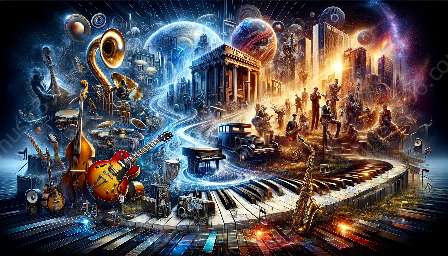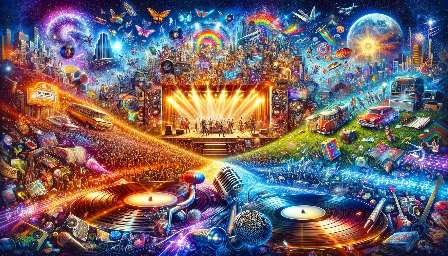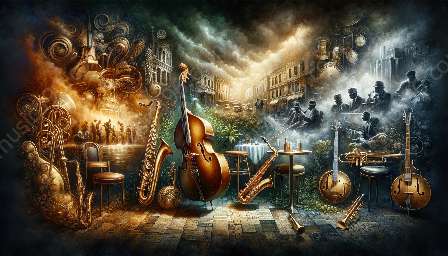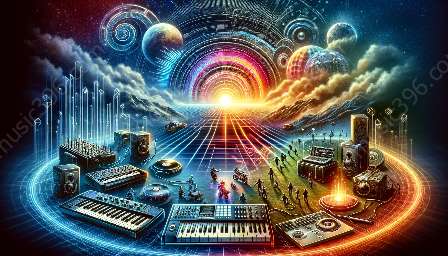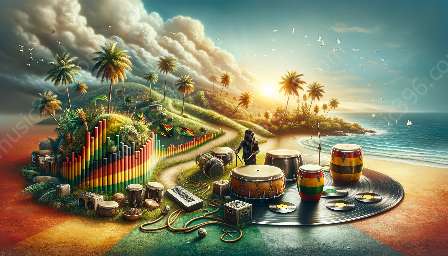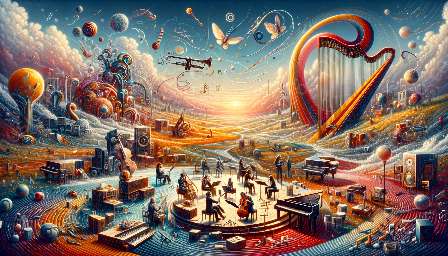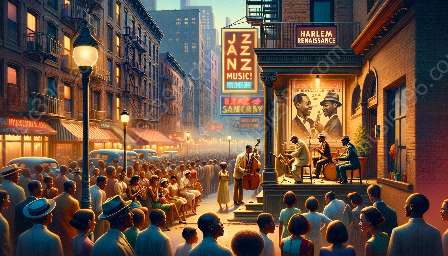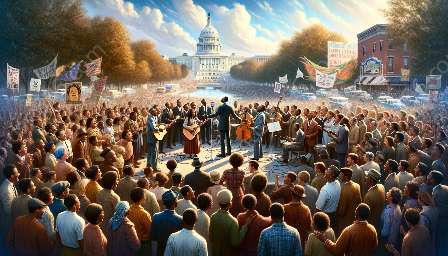Electronic music festivals and events have become an integral part of the global music culture, representing a significant evolution in the world of music. The history of electronic music and its impact on the music industry is closely intertwined with the rise of these festivals, making them crucial in shaping the contemporary musical landscape.
History of Electronic Music
The history of electronic music dates back to the early 20th century, with the development of the first electronic musical instruments such as the Theremin and the Ondes Martenot. However, it was in the 1950s and 1960s that the genre truly emerged, with pioneers like Karlheinz Stockhausen and Pierre Schaeffer experimenting with electronic sounds and composition techniques.
As technology advanced, so did electronic music, leading to the birth of subgenres such as techno, house, trance, and drum and bass. These genres laid the foundation for the development of electronic music festivals and events, attracting audiences from around the world to experience the immersive and electrifying nature of electronic music performances.
History of Music Festivals and Events
Music festivals have a long and storied history that can be traced back to ancient times, where large gatherings celebrated music, dance, and cultural exchange. The concept of modern music festivals as we know them today began to take shape in the 20th century, with events like Woodstock and the Isle of Wight Festival marking significant milestones in the evolution of live music experiences.
Today, electronic music festivals and events have become a prominent fixture in the global festival circuit, offering a unique blend of music, art, and technology. These events provide a platform for renowned electronic music artists to showcase their talent, as well as a space for emerging artists to connect with their audience and gain exposure.
Impact of Electronic Music
Electronic music has had a profound impact on the music industry, revolutionizing sound production and composition techniques. The genre's influence can be seen in various musical genres, from pop and hip-hop to experimental and avant-garde compositions. Electronic music festivals and events serve as a reflection of this impact, bringing together diverse audiences and creating a sense of community around the shared appreciation for electronic music.
Cultural Significance
The cultural significance of electronic music festivals and events extends beyond the music itself, encompassing elements of technology, art, and social interaction. These events often feature immersive visual and light displays, interactive installations, and innovative stage designs, creating an otherworldly experience for attendees.
Electronic music festivals also foster a sense of inclusivity and diversity, welcoming individuals from all walks of life to come together and celebrate their passion for music. The global appeal of electronic music has led to the proliferation of festivals in various countries, each offering a unique take on the electronic music experience.
Conclusion
Electronic music festivals and events have become an essential component of the contemporary music landscape, representing the convergence of historical musical traditions and cutting-edge technological advancements. As the genre continues to evolve, these events will undoubtedly continue to play a pivotal role in shaping the future of music and cultivating a vibrant and diverse community of music enthusiasts worldwide.






